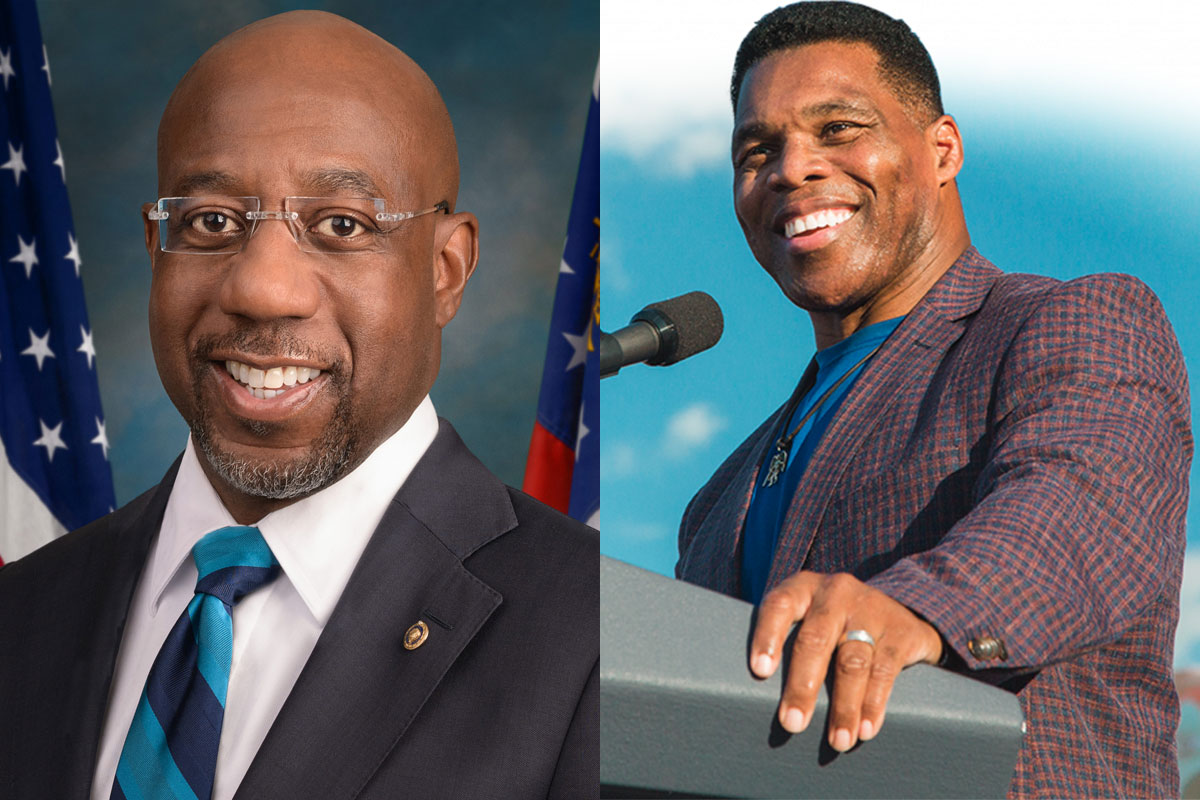To quote the words of the late Congressman John Lewis, elections can have consequences. “The vote is extremely important; one could even say it is sacred. In a democratic society, it is our most effective and effective nonviolent tool. And we must put it to use,” Lewis continued.
The state of Georgia did Congressman John Lewis proud on Tuesday, Nov. 6, 2022, in the Georgia midterm run-off election between Sen. Raphael G. Warnock and Republican Senate nominee Herschel Walker. The state of Georgia re-elected the incumbent Warnock to return to Washington, D.C., defeating Walker.
Sen. Warnock’s re-election proves that the Republican pilot scheme to nominate Walker to attract the Black vote did not deceive Georgia voters, who showed America that character, dignity and integrity are still important. Republicans won every other state-wide race in Georgia last month, but 200,000 votes for Republican Gov. Brian Kemp did not support Walker. Walker’s lack of knowledge and incoherence on relevant topics coupled with the terrifying charges of abortion hypocrisy and domestic-violence allegations disgraced most Georgians, particularly his fellow African Americans.
Georgia Becomes Purple, Yet Voter Suppression Lives
The run-off results further support the idea that Georgia, with its increasingly diversified population, has become purple. This state will play a pivotal role in the 2024 election for President of the United States of America. Donald Trump was the first Republican presidential nominee in 28 years to lose the state of Georgia in 2020.
The electoral-map flip of Georgia shocked many political pundits—a historically infamous Republican stronghold. Stacey Abrams and grassroots organizations throughout Georgia have led the way for years, working on the ground to register voters and fighting against voter suppression in Georgia. With its population of 11 million and 16 electoral votes, Georgia is rapidly becoming a swing state and is a more excellent representation of America than Iowa. The Democratic National Committee decision to add Georgia to the list of early primary states with South Carolina, Nevada and New Hampshire is encouraging.

We cannot afford any more of the dysfunctional politics that has plagued our nation for decades. We must urge for cooperation in Washington. Change is required. And it looks like the Democrats are at the forefront of that positive shift. But while they are doing the heavy lifting for the Democratic Party and making sure that our victories can help the American people, we must not overlook the problem of voter suppression.
The fact that millions of Georgians had to wait in long lines to vote remains a concern. Students at Georgia’s historically Black colleges and universities face an extra barrier to voting because, under Georgia law, you cannot use your student ID to vote. Keep in mind that the state GOP and national Republican groups lost their bid to prevent early voting in person on Saturday, Nov. 26, 2022, ahead of Tuesday’s run-off election in Georgia’s highest court.
These are only some of the many forms of voter suppression still widely used in the United States. Before the 2024 presidential election and any subsequent elections, there is much work to be done.
Now that we have Democratic control in the Senate and Georgia has sent a clear message to the American people, we must pass the John Lewis Voting Right Act immediately. The highest responsibility of lawmakers is to protect our democracy and voting rights, and the Senate must act swiftly.
This MFP Voices essay does not necessarily represent the views of the Mississippi Free Press, its staff or board members. To submit an opinion for the MFP Voices section, send up to 1,200 words and sources fact-checking the included information to azia@mississippifreepress.org. We welcome a wide variety of viewpoints.






